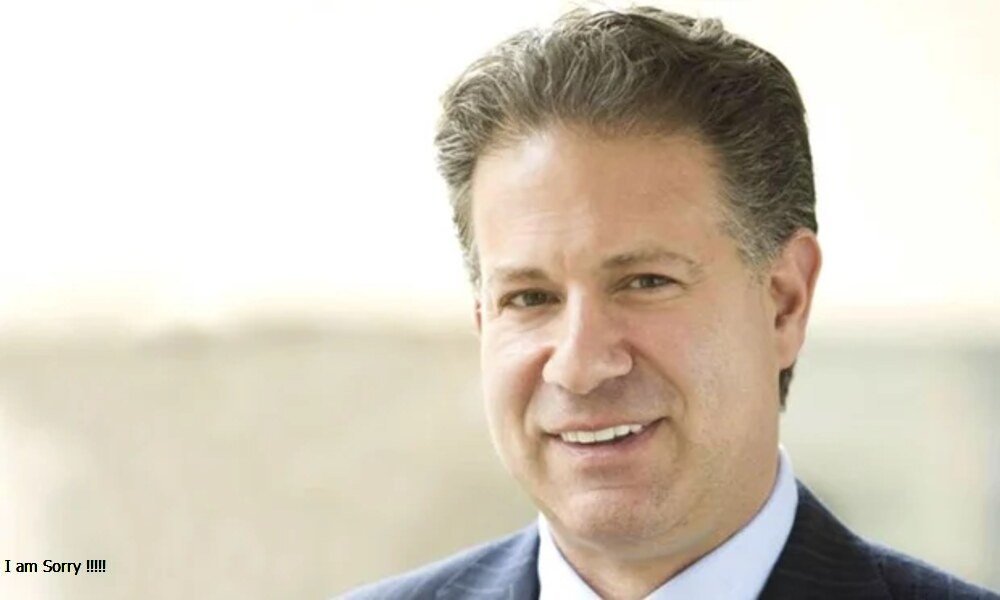Introduction
In a world driven by constant interaction and interpretation, one universal truth stands out: no matter how kind, considerate, or morally upright we try to be, someone, somewhere, will perceive us as the villain. The quote “We are all bad in someone’s story. – Tymoff” captures this uncomfortable but powerful reality. It speaks to the imperfection inherent in human nature and the subjectivity that colors our relationships. Whether through misunderstandings, mismatched expectations, or momentary lapses in judgment, we all leave behind stories that cast us in a negative light. This quote has resonated widely on social media, serving as both a comforting truth and a sobering reflection.
Tymoff, a relatively enigmatic voice in modern motivational philosophy, brings attention to this complex aspect of human connection. The quote urges self-awareness, empathy, and a recognition that we cannot control how others perceive us. In a culture obsessed with perfection and validation, accepting that we might be the “bad guy” in someone’s narrative is liberating and essential for personal growth.
Origin and Context of the Tymoff Quote
Tymoff is known for succinct, reflective quotes that tackle profound emotional truths with remarkable simplicity. While not much is known about Tymoff’s background, the quote “We are all bad in someone’s story” has been widely circulated on motivational pages, mental health blogs, and social media platforms. Its viral nature lies in its relatability. Unlike overly positive affirmations, Tymoff’s statement doesn’t sugarcoat reality—it acknowledges the emotional complexity of human interactions.
The philosophical undertones of this quote are not new. Thinkers like Friedrich Nietzsche and Carl Jung explored the duality of human behavior long before. Jung, in particular, spoke extensively about the “shadow self,” the part of us we often try to hide. Tymoff’s quote channels this idea in a modern, digestible way, emphasizing that no one is immune to being perceived negatively, no matter how pure their intentions.
In an era where people are constantly judged through the lens of online personas and fleeting impressions, the relevance of this quote is heightened. It reminds us that perception is rarely the whole picture, and being “bad” in someone’s story doesn’t necessarily make us bad people.
The Subjectivity of Perception
Perception is not objective—it’s shaped by personal experience, emotional context, and psychological filters. What one person sees as assertiveness, another may interpret as arrogance. A decision made in self-preservation might appear selfish to someone else. This variability is at the heart of Tymoff’s insight. When someone says, “You hurt me,” they often mean that your actions didn’t align with their expectations, values, or emotional needs.
Cognitive biases such as confirmation bias and attribution error further complicate things. People tend to remember events that confirm their existing beliefs about others. For example, if someone already believes you’re inconsiderate, they’ll likely interpret even neutral behavior through that lens. Moreover, in emotionally charged situations, people are prone to project their insecurities or unresolved trauma onto others. Thus, you may become a villain in a narrative that is more about the storyteller than about you.
Understanding that perception is filtered through emotion and memory doesn’t excuse harmful behavior, but it does offer a pathway to compassion for ourselves and others. It also underlines the impossibility of being universally liked or understood, which we all grapple with at various times.
Everyday Examples of Misunderstanding
Let’s look at common life scenarios in which we unintentionally become the antagonist. Imagine a friendship in which one person feels abandoned because the other is too busy with work and family. The friend left behind may tell a story of neglect or betrayal. Meanwhile, the other person may feel overwhelmed and misunderstood. Both are protagonists in their own stories and villains in the other’s.
In the workplace, asserting boundaries or providing honest feedback can easily be misconstrued as rude or uncooperative. Romantic relationships are particularly fertile ground for conflicting narratives. One partner may believe they were doing everything to hold the relationship together, while the other feels emotionally starved and unseen. Each side may paint the other as the reason for the failure.
Family dynamics are no different. Parents, children, and siblings all form perceptions that may not align with reality. Sometimes, trying to break toxic cycles or set boundaries leads to labels like “ungrateful” or “selfish.” In all these cases, the quote “We are all bad in someone’s story—Tymoff” comes alive. It reminds us that misunderstanding is not only inevitable but also deeply human.
Embracing Imperfection and Personal Growth
We unlock the door to authentic living once we accept that we can’t control how others see us. Trying to be universally good in everyone’s eyes is an exhausting and futile endeavor. It’s OK to be misunderstood. It’s OK if someone walks away with a version of the story where you’re not the hero.
Embracing this reality fosters emotional maturity. Self-awareness is the first step—being willing to reflect on our actions, apologize when necessary, and grow from feedback without obsessively defending ourselves. Accountability is different from self-blame. It means recognizing our role without carrying the burden of others’ perceptions.
Letting go of perfectionism and people-pleasing is critical. Striving to be “good” in everyone’s story can lead to a loss of identity and emotional exhaustion. Instead, it’s more sustainable to live by your values, be kind without being a doormat, and recognize that someone else’s narrative doesn’t dictate your worth.
Lessons from the Tymoff Quote
Tymoff’s message is more than a dose of reality—it’s a guidepost for empathy and self-liberation. When we understand that everyone has a unique lens through which they view the world, we become more patient and less reactive. This mindset helps reduce unnecessary conflicts, improve communication, and maintain inner peace.
One major takeaway is humility. It’s humbling to accept that we can hurt others even with the best intentions. This does not mean living in guilt, but rather living with awareness. The quote encourages us to reflect on how we show up in others’ lives without being paralyzed by the fear of being misjudged.
Another valuable lesson is to extend grace to ourselves and to those who have hurt us. Just as we are bad in someone else’s story, someone else is probably bad in ours. Holding onto grudges or needing to be right all the time keeps us trapped in bitterness. Letting go allows healing and growth to take root.
Conclusion
“We are all bad in someone’s story. – Tymoff” is more than a catchy quote—it’s a profound insight into the complexity of human relationships. It reminds us that no matter how hard we try, we will be misinterpreted, judged, and cast in unfavorable roles. This isn’t a reflection of failure but a part of life’s intricate emotional fabric.
The freedom comes when we stop striving for universal approval and start striving for authenticity. Accept your imperfections, learn from your missteps, and understand that your story matters, even if others write you out as the antagonist. Live your truth with integrity and let others own their perspectives.
By acknowledging the inevitability of negative perceptions, we empower ourselves to live more fully, love more honestly, and grow more resiliently. Doing so contributes to a more compassionate and understanding world—one story at a time.
Do Read: Don’t Marry. Save Money. Travel the World – Passport Unite by Tymoff















